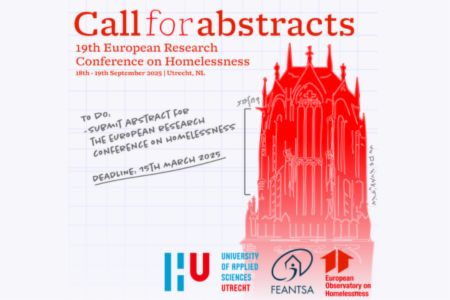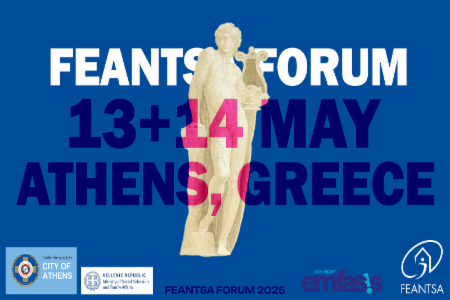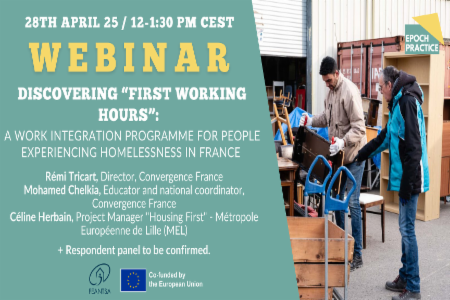JUNE 2024
POSITION PAPER
Voting rights for people experiencing homelessness
Barriers to political participation for homeless people must be removed
Download the full paper here (PDF)
Introduction
The right to vote and to stand as a candidate in local and national elections is a fundamental right. International human rights treaties such as the International Covenant on Civil and Political Rights (Article 25) and Protocol 1 to the European Convention on Human Rights (Article 3) guarantee this right. EU Legislation also recognises the right to vote and to stand as a candidate at elections to the European Parliament in Article 39 of the Charter of Fundamental Rights of the European Union.[1]
From a human rights perspective, we need to assess whether homeless people can exercise their fundamental rights, including the right to vote, as human rights law requires that particularly marginalised population groups be considered. So, we need to look at what the legal or administrative barriers are for diverse groups of people who are entitled to vote and how they can be overcome.
The significance of the voting act is directly connected to the idea of democracy and is often viewed as the most basic and important form of participation in political and public life. FEANTSA and its members encourage participation as a means of recognition that people experiencing homelessness have a right to be heard. Participation is also about the creation of structures and policies so that the views and perspectives of people experiencing homelessness can be considered and acted upon.
People experiencing homelessness often face severe social exclusion, which can make voting seem like a low priority in comparison to immediate survival needs such as finding shelter, food, water and safety. The daily struggles of homelessness overshadow the importance of taking part in the democratic processes, leading to a lack of engagement in voting.
Although not their priority, by participating in elections, people experiencing homelessness can help to shape a more inclusive and just society, ultimately helping to break the cycle of social exclusion. When people experiencing homelessness exercise their right to vote, they assert their presence and agency within the community, which can lead to a greater recognition of their needs and issues. Voting empowers people experiencing homelessness to influence policies that directly affect their lives, promoting greater social inclusion and encouraging systemic change.
Much remains to be done to ensure that all citizens, including homeless people, can exercise their right to vote and to ensure a more inclusive electoral process.
[1] Charter of Fundamental Rights of the European Union https://eur-lex.europa.eu/legal-content/EN/TXT/?uri=CELEX:12012P/TXT
Download the full position paper here





